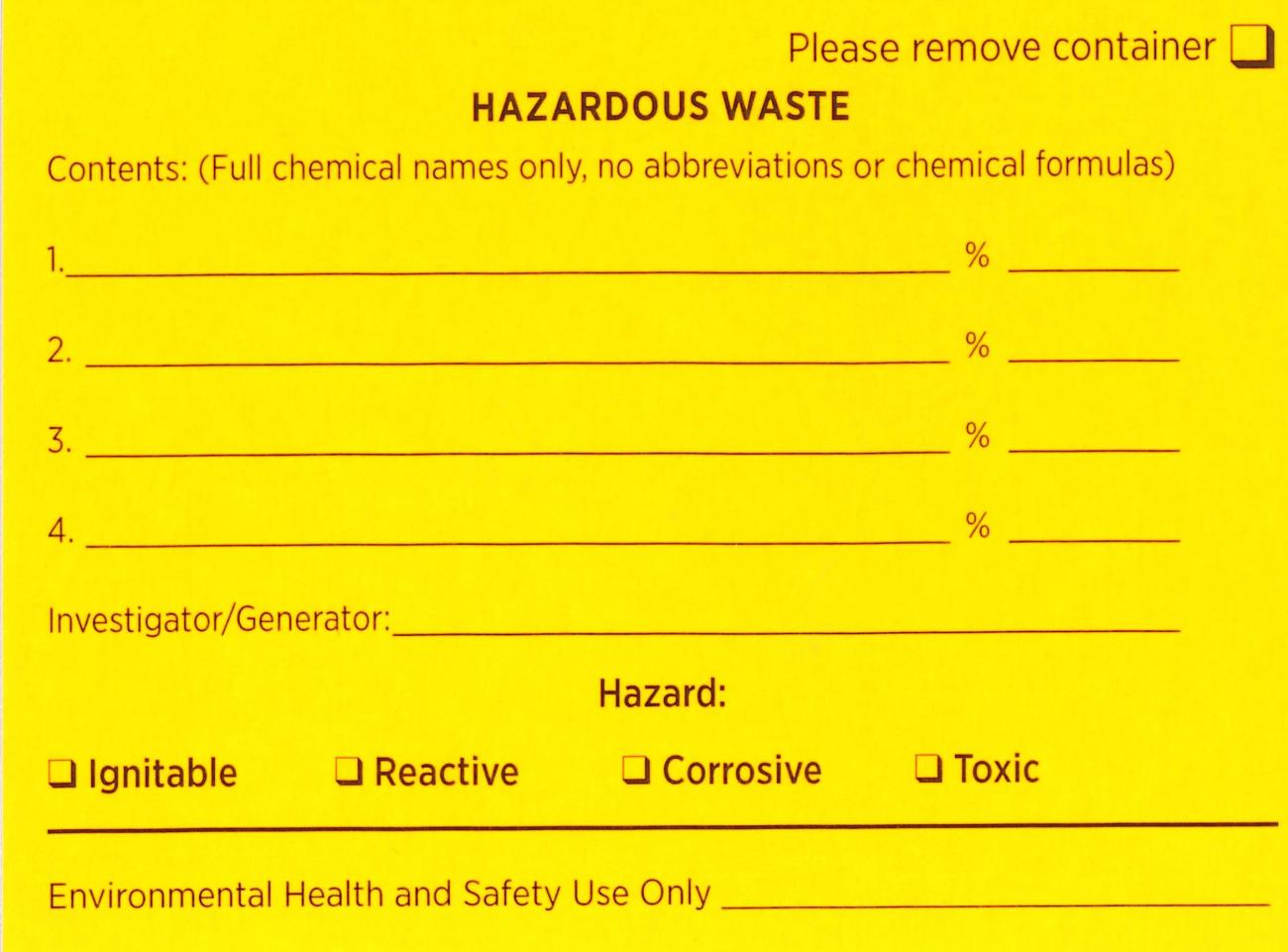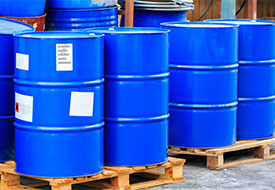Brown EHS provides technical guidance to ensure campus activities comply with federal, state and local requirements as well as minimize the impact of these activities on the environment. EHS provides assistance for compliance with applicable regulatory requirements and permitting and acts as the primary liaison with environmental regulatory agencies. EHS monitors the University's environmental performance through inspections and audits, recordkeeping and reporting and minimizes potentially harmful impacts through University-wide hazardous waste management contracts. Areas covered include air permitting, chemical management and reporting, chemical inventory database management, hazardous wastes, oil spill prevention, stormwater management and wastewater discharge permitting.






